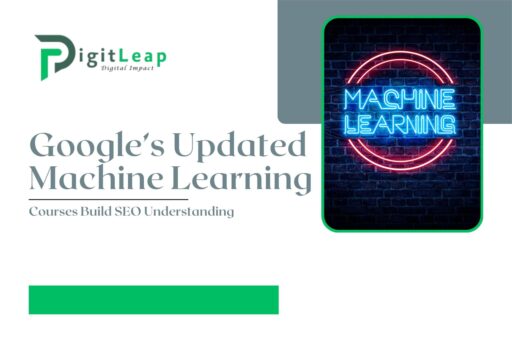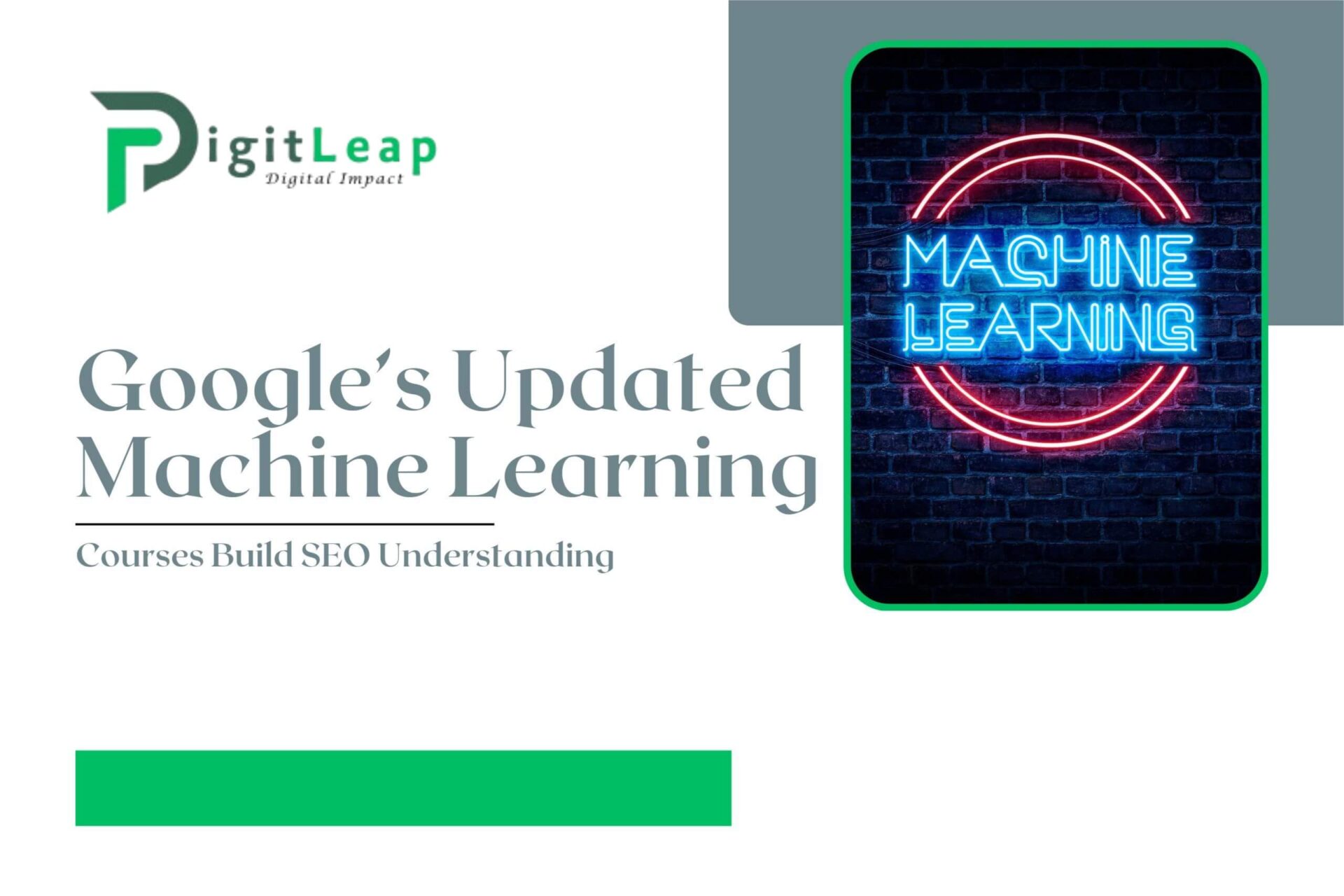Google’s Updated Machine Learning Courses Build SEO Understanding
In the ever-evolving world of digital marketing, understanding the intricate relationship between machine learning and SEO has become crucial. Google’s recent updates to its machine learning courses offer marketers and SEO professionals an excellent opportunity to deepen their knowledge and adapt to the way search engines function in today’s data-driven world. By learning how machine learning impacts SEO, professionals can develop strategies that align better with search engine algorithms and stay ahead in a competitive digital landscape.
Understanding Google’s Updated Machine Learning Courses
Google has been at the forefront of machine learning (ML) and artificial intelligence (AI) for years, and their technology shapes the way billions of searches occur daily. To help professionals grasp the principles behind these innovations, Google has updated its ML courses, focusing on the technical workings of machine learning and how it influences search rankings. These courses are designed to provide insights into the machine learning processes that drive Google’s algorithms, including improvements in natural language processing (NLP), image recognition, and user intent prediction.
The updates in Google’s courses offer an accessible introduction to ML concepts, breaking down complex algorithms into understandable, practical knowledge. The lessons are geared not only toward developers but also digital marketers, business owners, and SEO experts who want to use machine learning insights to boost their visibility in search results.
Why Machine Learning Matters for SEO
Search engines, especially Google, increasingly rely on machine learning to deliver accurate and relevant search results. Through machine learning, search engines can analyze vast amounts of data and detect patterns that help them understand user behavior and preferences. This has transformed the way search engines interpret content and rank websites, meaning that SEO professionals need to understand machine learning concepts to align their strategies with search engines’ evolving capabilities.
Google’s search algorithms like RankBrain and BERT are examples of how ML shapes SEO. RankBrain helps Google process complex search queries, interpreting their meaning to provide better results. BERT, another breakthrough in natural language processing, focuses on understanding the context of words in a sentence rather than simply looking at keyword patterns. Learning about these technologies through Google’s ML courses can empower SEO professionals to optimize content more effectively and improve search rankings.
Key Takeaways from Google’s Updated Courses
Google’s updated machine learning courses cover essential aspects that provide SEO professionals with insights into the inner workings of search algorithms:
- Natural Language Processing (NLP) and Content Relevance
NLP helps search engines understand language the way humans do, focusing on context and intent rather than simple keyword matching. By learning about NLP in Google’s courses, SEO professionals can create content that resonates with Google’s advanced language processing abilities. This means writing in a way that addresses user intent, making content more relevant and valuable for search engines and users alike. - Understanding User Intent
One of the most critical components of SEO today is understanding what users are looking for. Machine learning enables Google to interpret user intent behind each query. By understanding how ML influences Google’s intent detection, SEO professionals can tailor their content to answer specific questions or provide detailed information, thereby increasing the chances of ranking higher in search results. - Image and Voice Search Optimization
Google’s ML courses also touch on image and voice recognition, technologies that are becoming central to search. With more people using voice search and Google Lens for visual search, it’s essential for SEO professionals to understand how machine learning processes non-textual information. Optimizing content for voice and image search helps businesses stay visible across multiple search modalities. - The Role of Data in Machine Learning
Machine learning relies heavily on data to improve its accuracy. Google’s course explains how algorithms use data patterns to make predictions and refine results over time. By understanding this, SEO professionals can see the value in data-driven SEO, utilizing analytics to identify trends, measure performance, and refine strategies based on what works best. - Personalization and User Experience (UX)
Machine learning enhances personalization in search results, prioritizing content that aligns with each user’s preferences and behavior. SEO professionals who understand how personalization works through machine learning can create content that is tailored for specific audience segments, optimizing user experience and increasing engagement.
Benefits of Google’s Machine Learning Courses for SEO Professionals
Google’s updated machine learning courses provide SEO professionals with the tools to understand, anticipate, and respond to changes in search engine algorithms. Here are some key benefits:
- Insight into Algorithm Updates: By understanding ML concepts, SEO professionals can better predict and adapt to algorithm changes, minimizing disruptions and maintaining rankings.
- Enhanced Content Strategy: Knowledge of NLP and user intent helps create content that matches what Google values, increasing the likelihood of ranking well.
- Data-Driven Decision Making: SEO professionals can utilize data more effectively, using ML insights to make informed, strategic adjustments.
- Optimization for New Search Formats: With machine learning enabling more diverse search options like voice and image search, professionals who complete these courses can optimize their content to stay visible across different types of searches.
Applying Machine Learning Insights to SEO Strategies
With a foundation in machine learning, SEO professionals can develop more effective strategies that reflect how search engines evaluate content. Here’s how they can apply ML insights to improve their SEO:
- Optimize for User Intent: Create content that answers specific questions and provides clear solutions. Think beyond keywords and focus on how people search in natural language.
- Leverage Data Analytics: Use tools like Google Analytics to monitor user behavior and content performance, identifying patterns that can help refine SEO strategies based on actual data.
- Improve Content Relevance and Quality: Machine learning rewards high-quality, relevant content. Focus on writing informative, engaging, and authoritative content that aligns with what users are seeking.
- Focus on Visual and Voice Content: Ensure that images are optimized for visual search and that content is written in a conversational tone for voice search optimization. This will help capture a broader audience as search habits diversify.
- Stay Updated with Algorithm Changes: Machine learning-based algorithms continuously evolve. By understanding core ML principles, SEO professionals can stay proactive, adjusting their strategies to align with Google’s latest updates.
The Future of SEO with Machine Learning
Machine learning is undoubtedly shaping the future of SEO, making it essential for SEO professionals to understand and adapt to its impact. As machine learning continues to advance, search engines will get better at understanding language, context, and user behavior, creating a more seamless and intuitive search experience. The professionals who keep up with these changes and apply machine learning insights to their strategies will be better positioned to achieve visibility and success in the competitive world of search engine marketing.
Conclusion
Google’s updated machine learning courses offer valuable insights into the technology that drives modern search engines. By taking advantage of these courses, SEO professionals can develop a deeper understanding of how machine learning affects search rankings, user intent, and content relevance. With this knowledge, they can build more effective strategies that align with Google’s evolving algorithms.
At Digit Leap, we are committed to helping businesses navigate these changes and integrate the latest machine learning insights into their SEO and digital marketing strategies. By staying at the forefront of these developments, we empower brands to optimize their online presence and achieve lasting success in a dynamic digital world.






